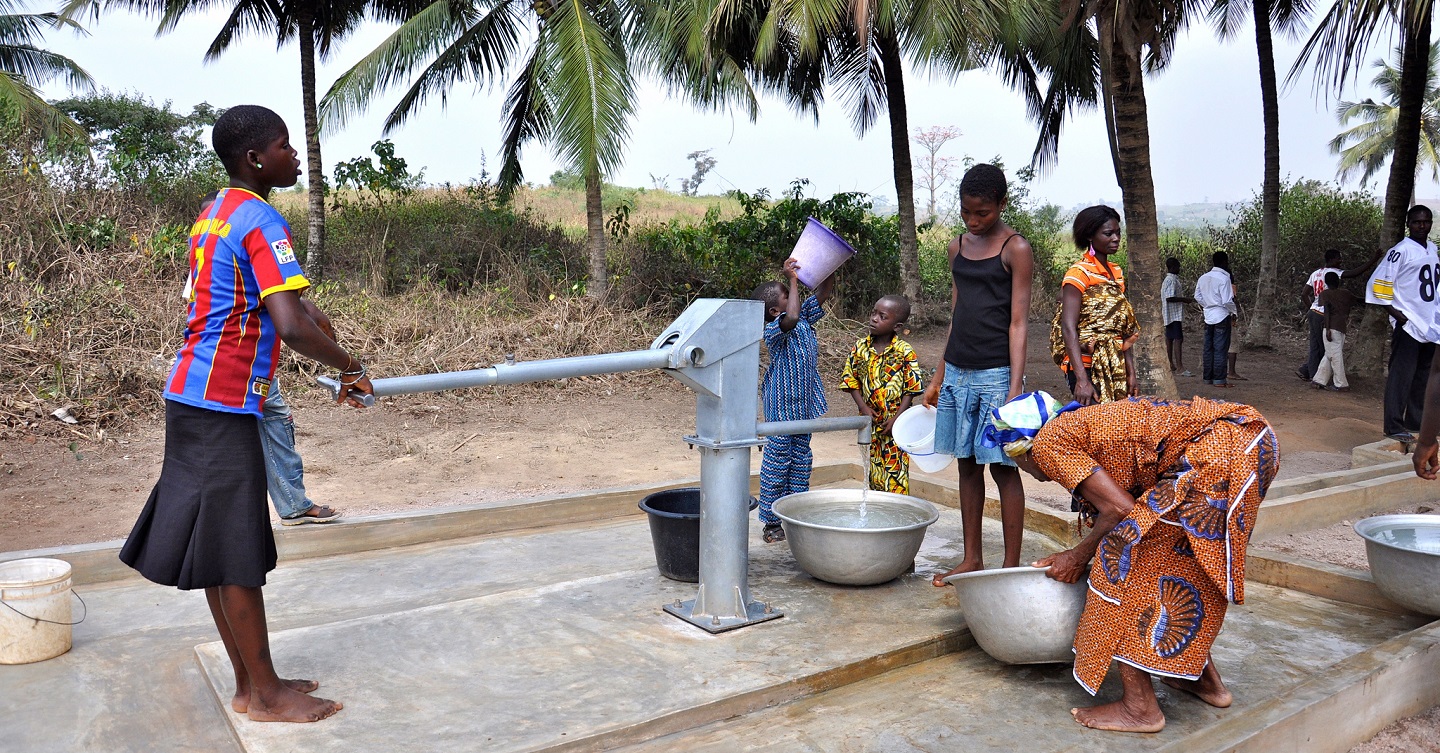EDITOR’S NOTE: This episode was recorded before the sudden fall of Afghanistan to Taliban forces, making some of the thoughts of women’s influence in the region and human security even more important to consider.
“Nothing is softer or more flexible than water, yet nothing can resist it.” – Lao Tzu
As this episode is released much of the United States is recovering from the wrath of Hurricane Ida. At the center of most of the destruction is water. It overflowed from banks, surged towards shores, destroyed property, knocked out power and swept loved ones away. In its wake, in the midst of a staggering overabundance of water one of the most sought after resources is fresh drinking water.
It’s no exaggeration to say that water has been a motivating force in Sarah Petrin’s personal and professional life since the day she was born. She joins Editor-in-Chief Jacqueline Whitt to explain why the resource has dominated so much of her life and is the basis for her book Bring Rain: Helping Humanity in Crisis.
The village chief brought his entire family to the mission hospital where I was born and when they brought me back to the village. All the elders held a rain dance to welcome me back and prayed that I would end the drought in the dry season and I would bring them rain.
Podcast: Download
AN ADDENDUM ON HUMAN SECURITY AND AFGHANISTAN
By Sarah Dawn Petrin, August 29, 2021
When this podcast was recorded, we did not know that the fall of Kabul was imminent. What does “human security” mean in the context of the U.S. departure from Afghanistan?
Evacuation operations at the Hamid Karzai International Airport (HKIA) have been nothing short of heroic. Images from the airport reveal the human nature of U.S. service members as they held babies, accompanied families, and came alongside women in danger.
In the podcast, I tell the story of when a woman left her child at a Forward Operating Base (FOB) in Afghanistan. What did the soldiers do? They took the child in and tried to care for its needs. They quickly realized the FOB was no place for a baby, so they tracked down the mother.
When everything goes wrong, sometimes the only thing we can offer is our own humanity. This sense of moral obligation to help people in distress has brought together the private sector, members of Congress, veterans, and advocates to support the military in getting as many evacuees to safety as possible.
Understanding human security is about analyzing how conflict and other destabilizing events affect a population. People of different age, gender, language, race, ethnicity, religious, and political groups are going to be affected in distinct ways. Understanding the risks and vulnerabilities of each group is an important factor in the protection of civilians. Realizing that threats to civilians come in numerous forms – not only from armed groups like the Taliban – but also from environmental and health risks, is an important consideration for military operations.
The accompanying white paper on Human Security in U.S. Military Operations, argues that human security is a useful planning tool for anticipating the human dimension of operations. While the U.S. understood that the military departure from Afghanistan would pose a risk to certain vulnerable populations, the assumption that the government of Afghanistan would be able to protect the people is where things went wrong. The U.S. overestimated partner capacity because it so heavily invested in building that capacity together with its NATO allies.
The collapse of the Government of Afghanistan will be a subject of debate for years to come. In the meantime, U.S. evacuation operations have brought together resources from across the interagency to address critical humanitarian needs. As thousands of evacuees wait for their Special Immigrant Visa (SIV) paperwork to be approved, and others escape to neighboring countries, Operation Allies Refuge is far from over.
There will always be human dimensions of military operations that are critical to achieving the end state. Whether or not we consider the implications of military action on civilian populations, and how we prepare for a coordinated response with interagency partners, is an important factor for operational success that is not going away anytime soon.
A PDF copy of the above addendum is available here.
Sarah Dawn Petrin is a former Peace Operations and Human Security Analyst at the U.S. Army Peacekeeping and Stability Operations Institute. She has advised the U.S. military and NATO on developing strategy, policy, and doctrine for the Protection of Civilians and Women, Peace, and Security. She has twenty years of operational experience in conflict zones in Africa, Asia, Eastern Europe, and the Middle East. Her first book, BRING RAIN: Helping Humanity in Crisis, was released in March 2021.
Jacqueline E. Whitt is an Associate Professor of Strategy at the U.S. Army War College and the Editor-in-Chief of WAR ROOM.
The views expressed in this presentation are those of the speakers and do not necessarily reflect those of the U.S. Army War College, U.S. Army, or Department of Defense.
Photo Description: USAID installed a water pump in this African village, giving ready access to clean water.
Photo Credit: Photo courtesy of USAID

